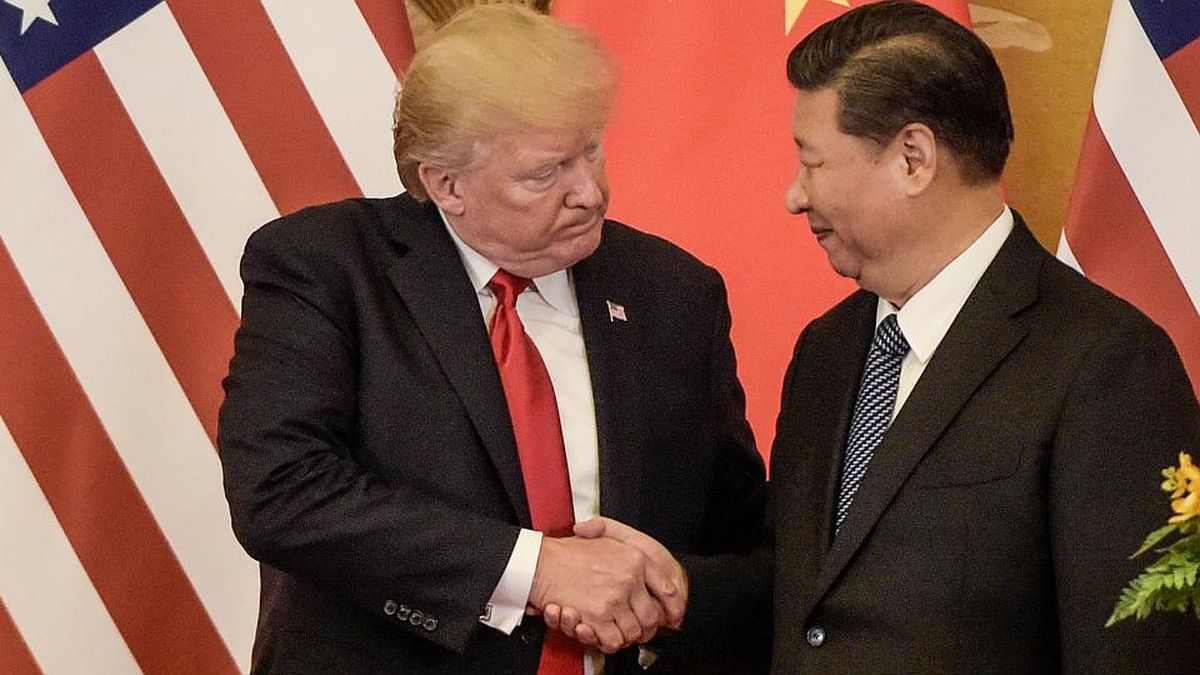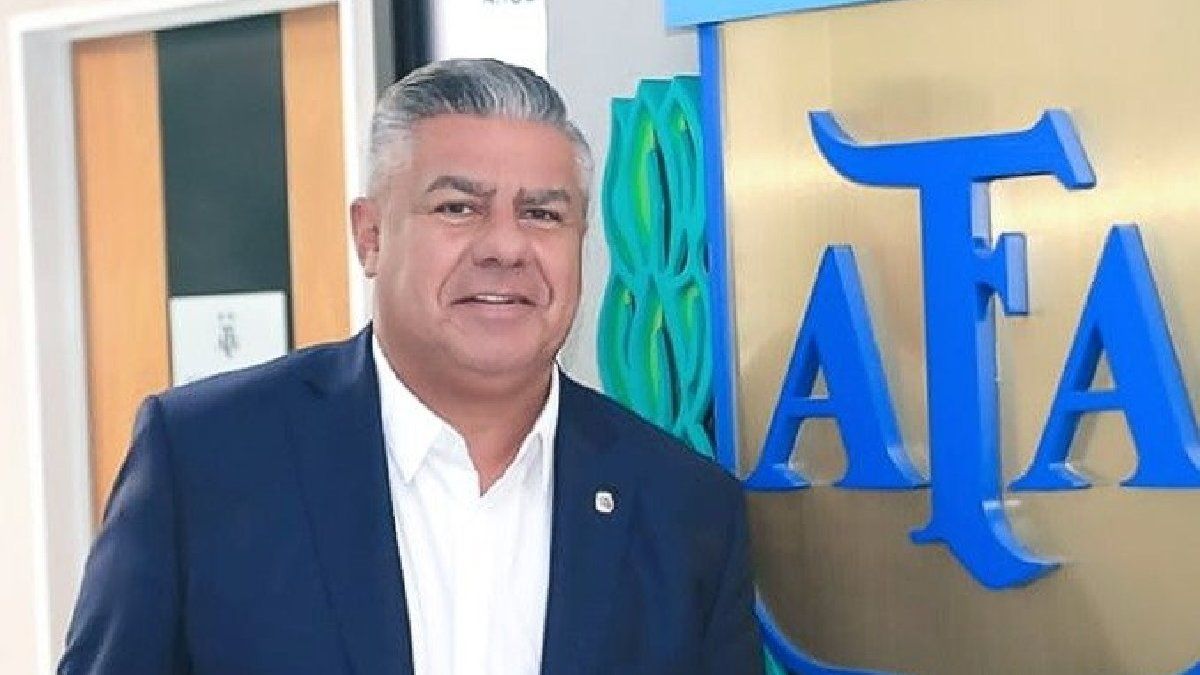The Wirecard management is said to have lied and cheated for years until the company collapsed in 2020. One question: How did it go undetected for so long that something was wrong at Wirecard? There were warning signs.
In the Wirecard trial, further evidence has come to light that the company’s crooked dealings could have been uncovered long before the collapse. Special investigators from the auditing firm EY came across questionable information as early as 2016 – among other things, the Wirecard bank granted millions in loans without collateral.
“We found an ambulance driver in Dubai who received six million dollars without security,” an EY employee said today in the witness stand. In addition, the now 44-year-old and his colleagues discovered evidence of manipulation in the takeover of the Indian payment service provider Hermes by Wirecard in 2016 and 2017 as part of a special investigation that was never completed.
The witness works at EY as a forensic expert – these are specialists who take action when irregularities are suspected. EY audited and certified Wirecard’s balance sheets every year, and in 2016 a whistleblower wrote to the head of the Wirecard audit team. The whistleblower gave evidence that Wirecard’s “senior management” had reported fictitious sales during the Hermes takeover.
Special investigation came to nothing
The EY forensic experts then took action and, on behalf of the Wirecard board, launched a special investigation called “Project Ring”. “From our point of view, we found indicators that were suitable to support the allegations,” the witness reported.
On the instructions of Wirecard’s sales director Jan Marsalek, the EY forensic experts then stopped their work months later, before they had completed their investigation. “From our point of view, it was not finished,” said the witness on the 137th day of the mammoth trial that has been ongoing since December 2022.
The EY auditors, who work separately from the forensic experts, ultimately gave Wirecard an unqualified audit opinion for the balance sheet. The witness did not know why the colleagues ultimately decided to do so: “In the end, it is the auditors’ decision.”
Commerzbank also became suspicious
Today, EY is faced with numerous lawsuits from Wirecard shareholders demanding compensation because the auditors approved Wirecard’s financial statements up to 2018. In the Wirecard trial, a former Commerzbank board member recently reported that the bank wanted to end its business relationship with Wirecard in 2019 due to suspicions of manipulation.
The prosecution accuses former Wirecard CEO Markus Braun, former Dubai-based manager Oliver Bellenhaus and the group’s former chief accountant of having fabricated bogus sales over the years in order to keep the company afloat.
Braun denies all allegations, but Bellenhaus, who is acting as a key witness, has largely admitted the charges. The former chief accountant has remained silent so far and plans to speak out for the first time next week.
Source: Stern




